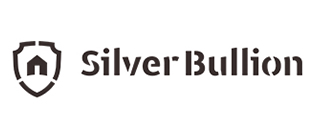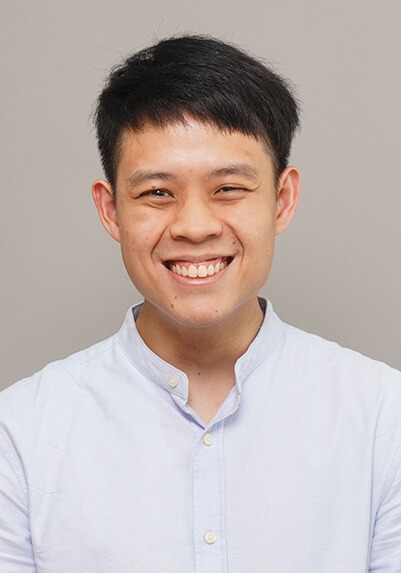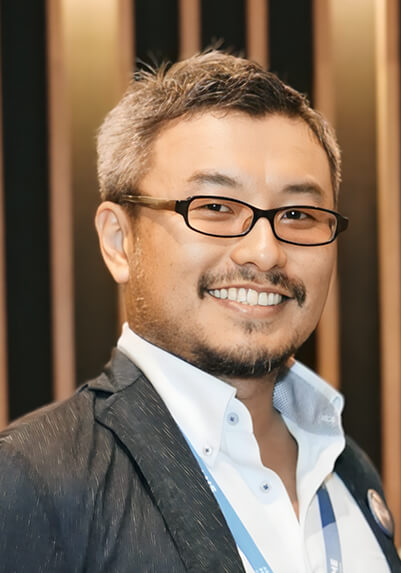Navigate
Article List
- Editorial
By Albert Cheng, CEO, SBMA
- SBMA News
By Albert Cheng, CEO, SBMA
- India’s Surge in Gold Imports: Optimism or Speculation?
By Srivatsava Ganapathy, CEO, Eventell Global Advisory
- India to See Strong Uptick in Jewellery Demand
By Chirag Sheth, Principal Consultant, Metals Focus
- Renminbi Internationalisation and its Effects on Gold
By Chinese Gold and Silver Exchange
- Thailand’s Gold Market: An Introduction
By SBMA, with contributions by Ross Andrew Friedman
- Thailand’s Crucial Role in the ASEAN Gold Market
By Nuttapong Hirunyasiri, CEO, MTS Gold Group
- Thailand: Gold Provides Liquidity Amid Pandemic
By Pawan Nawawattanasub, CEO, YLG Bullion International
- #SilverSqueeze – What Actually Happened and Why it Didn’t Work Out as Planned
By Brian Lan, Managing Director, GoldSilver Central
- Japan Exchange Group: Reinventing Japan’s Precious Metals Derivatives Market
By Ryoichi Seki, General Manager, Business Development, Osaka Exchange
- Gold Investing in a Digital World
By Kerry Stevenson, Founder, Gold & Alternative Investments Conference
Article List
- Editorial
By Albert Cheng, CEO, SBMA
- SBMA News
By Albert Cheng, CEO, SBMA
- India’s Surge in Gold Imports: Optimism or Speculation?
By Srivatsava Ganapathy, CEO, Eventell Global Advisory
- India to See Strong Uptick in Jewellery Demand
By Chirag Sheth, Principal Consultant, Metals Focus
- Renminbi Internationalisation and its Effects on Gold
By Chinese Gold and Silver Exchange
- Thailand’s Gold Market: An Introduction
By SBMA, with contributions by Ross Andrew Friedman
- Thailand’s Crucial Role in the ASEAN Gold Market
By Nuttapong Hirunyasiri, CEO, MTS Gold Group
- Thailand: Gold Provides Liquidity Amid Pandemic
By Pawan Nawawattanasub, CEO, YLG Bullion International
- #SilverSqueeze – What Actually Happened and Why it Didn’t Work Out as Planned
By Brian Lan, Managing Director, GoldSilver Central
- Japan Exchange Group: Reinventing Japan’s Precious Metals Derivatives Market
By Ryoichi Seki, General Manager, Business Development, Osaka Exchange
- Gold Investing in a Digital World
By Kerry Stevenson, Founder, Gold & Alternative Investments Conference
Japan Exchange Group: Reinventing Japan’s Precious Metals Derivatives Market
By Ryoichi Seki, General Manager, Business Development, Osaka Exchange
Published on April 10, 2021

Japan’s precious metals derivatives market, which has played a leading role in Asia for nearly 40 years, is undergoing a major transformation. In October 2019, Japan Exchange Group (JPX) acquired Tokyo Commodity Exchange (TOCOM), whose history goes back 70 years offering commodity futures contracts, including precious metals.
JPX further expanded its commitment to commodity derivatives by completing a series of measures in July 2020, including the transfer of futures and options on precious metals, rubber, and agricultural products from TOCOM to Osaka Exchange (OSE), the derivatives arm of JPX, and the integration of commodity clearinghouse into Japan Securities Clearing Corporation (JSCC).
JPX is an exchange group providing comprehensive market infrastructure for the Japan market, covering market operations, self-regulation and clearing. JPX, whose subsidiaries include Tokyo Stock Exchange (TSE), OSE and TOCOM, is a one-stop shop for a range of products from cash equity, to financial and commodity derivatives. The precious metals market is operated by OSE, along with financial derivatives such as futures and options on the Nikkei 225 and Japanese government bonds.
With OSE now running the precious metals market, there are significant benefits to market participants. First, investors trading in OSE’s financial derivatives market, one of the world’s largest, are entering into the precious metals market. The introduction of a new investor base has improved market liquidity and created an environment where participants can trade more actively. Second, investors are able to trade both financial derivatives products and commodities with a single trading account. This enhances ease of access to both markets, since investors are freed from the cost and complexity of maintaining two different accounts. Third, the market credibility has improved significantly through JSCC acting as the central counterparty to all trades. The clearinghouse has been the cornerstone of the derivatives market, especially amid the uncertainty and volatility of recent years.
OSE Gold Price, Volume and Open Interest from 1Q2020 to 1Q2021

OSE’S GOLD MARKET
Among the precious metals contracts transferred to OSE, gold has the largest market share. From the perspective of ensuring continuity, the market designs of gold and others have not changed in principle, and follow those of TOCOM. The Gold Standard futures contract, denominated in Japanese yen, allows physical delivery using kilobars with minimum .9999 fineness at designated warehouses located in Tokyo. Domestic and global refiners whose bars have been approved by the exchange that meet the standards for delivery are listed in the Good Delivery List. The market is open to global investors, with trading open almost 20 hours a day, covering the business hours of world’s major gold trading hubs.
OSE’s gold market is supported by various types of participants – proprietary trading firms, institutional investors, retail investors, and commercial users – who use the market for risk management and investment purposes, which makes ours a sound and healthy market. The majority of trades is carried out by traders based outside of Japan, many of whom are acting as market makers. Japan’s retail investors also actively participate in the market, both in terms of trading volume and open interest. In addition, business companies/commercial users play an important role in bridging the futures market with gold spot markets around the world.
OSE Gold Market Participants by Type of Investors (4thweek, February 2021)

OSE Standard Gold Annual Volume

OSE GOLD AMID THE PANDEMIC
The year 2020 was unlike any other. We went through a global pandemic, a rally in gold prices reaching beyond the JPY 7,000 (US$63.3) level for the first time, and a contentious US presidential election. It posed a challenge for JPX to implement structural changes including the products transfer to OSE, but with the cooperation of those involved in the market, we were able to make these transitions smoothly. Moreover, as the role of the futures markets in providing a venue for price risk management and price discovery became increasingly important amid turbulent market conditions, the OSE gold market fulfilled its mission. It is in times of extreme price volatility, such as during February and March when the pandemic caused turmoil in the world’s financial markets, that the true value of the futures market is tested. OSE’s gold volume remained high during this period, continuing to provide much-needed trading and hedging opportunities for participants.
OSE Standard Gold Price

THE ROAD AHEAD
OSE will continue to take measures to revitalise the precious metals market. We will focus on growing our base of investors, thereby ensuring a high level of liquidity. In September 2021, we will renew our derivatives trading platform, expanding its capacity and making upgrades to improve the user experience. Additionally, we plan to open the derivatives market during Japan’s national holidays in the second half of 2022.
OSE will strive to contribute to the global precious metals market by strengthening our relationships with industry players and cooperating in international efforts such as promoting business practices that adhere to the Responsible Sourcing Principles.

RYOICHI SEKI is the general manager of Osaka Exchange’s business development department. Prior to joining OSE in 2020, he spent 25 years at Tokyo Commodity Exchange, overseeing its international activities, which include building partnerships with commodity-related industries, liquidity providers and exchanges around the world. He also served as a member of the board of directors at Futures Industry Association Japan in 2019, representing TOCOM.

























